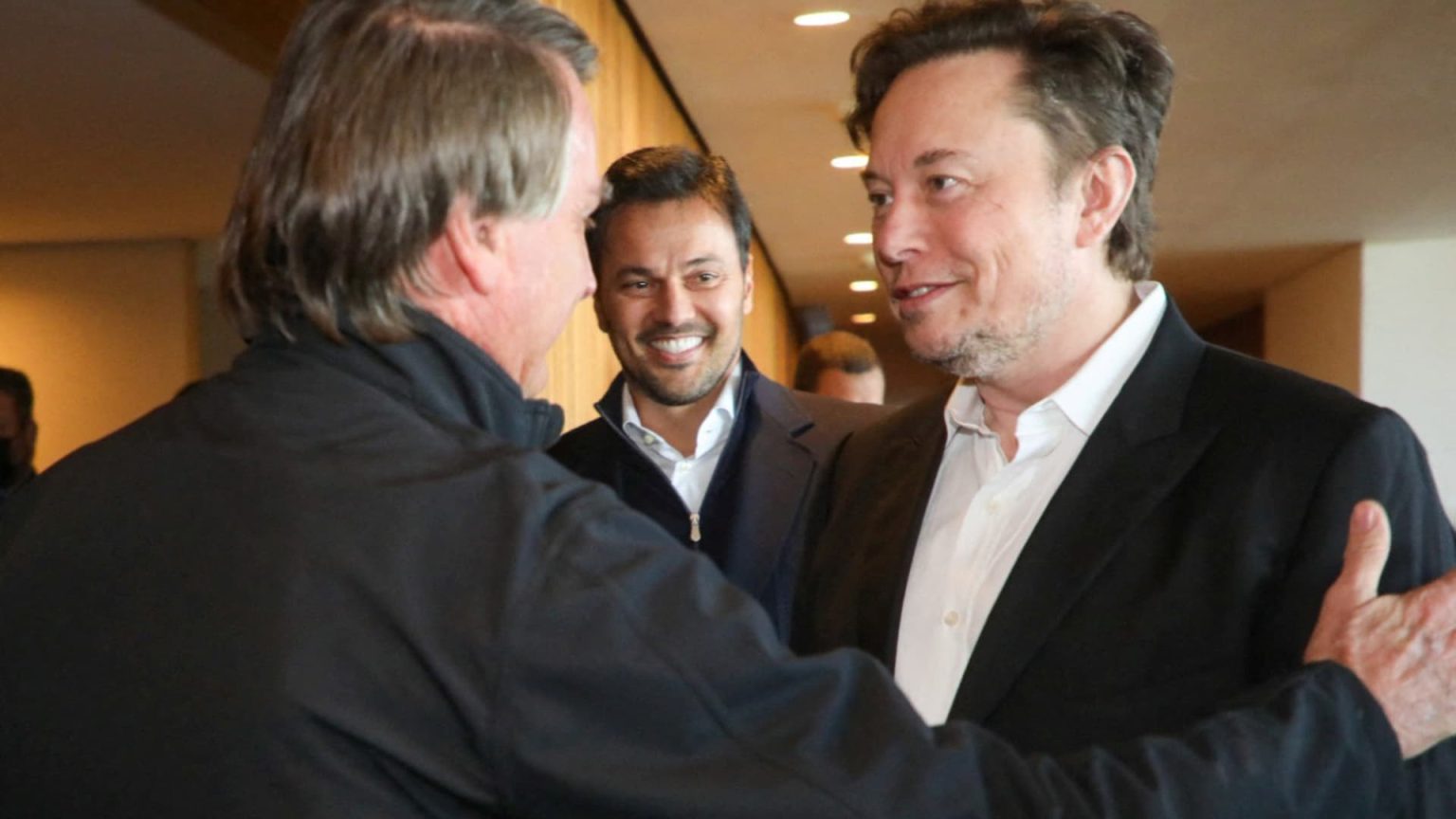Supreme Court Justice Alexandre de Moraes of Brazil initiated an investigation into tech magnate Elon Musk, the billionaire owner and CTO of social network X, over possible obstruction of justice. Musk openly defied court orders to restrict or suspend certain popular accounts on his platform, leading to the probe. Moraes also ordered Musk to be included in an investigation into “digital militias,” individuals spreading misinformation online to undermine democratic institutions in Brazil. Musk responded by threatening to publish information that would paint Moraes as a traitor and calling for the judge’s resignation or impeachment.
Brazil, with a population exceeding 215 million, is the second most populous country in the Western Hemisphere after the United States. Musk’s opposition to Moraes comes during a municipal election year, highlighting the deeply divided political landscape in the country. The recent transfer of power in Brazil sparked political violence similar to the events of Jan. 6, 2021, in the United States, with supporters of former President Jair Bolsonaro calling for his reinstatement through military intervention. Bolsonaro himself is under investigation for various offenses, including orchestrating a coup.
Musk, who also owns Tesla and SpaceX, visited Bolsonaro during an election year to discuss using SpaceX’s satellite internet services in rural schools in the Amazon. X and other social networks are facing increased regulatory pressure worldwide, including in Australia, the European Union, India, and Turkey. For every account that X reinstates against Brazil’s orders, Musk and the company will face fines. Moraes criticized X for protecting individuals promoting criminal activities against Brazilian democracy.
While Musk claims to be a free speech absolutist, his actions have shown inconsistencies. X has faced fines for noncompliance with Australia’s e-Safety regulations and is under investigation by the EU. Musk’s takeover of Twitter led to relaxed content moderation policies and the reinstatement of banned accounts, including that of former President Donald Trump. However, Musk-led companies like Tesla have strict non-disclosure agreements and arbitration clauses limiting free speech. Additionally, X has complied with government requests to remove posts, such as during the Indian farmers’ protests.
Overall, the ongoing clash between Musk and the Brazilian Supreme Court highlights the challenges faced by tech companies in navigating regulations around free speech and harmful content online. The situation underscores the need for a balance between protecting users while preventing the misuse of regulations to silence dissent and target perceived enemies. As developments continue, it remains to be seen how the conflict between Musk and Brazil’s legal system will be resolved.


